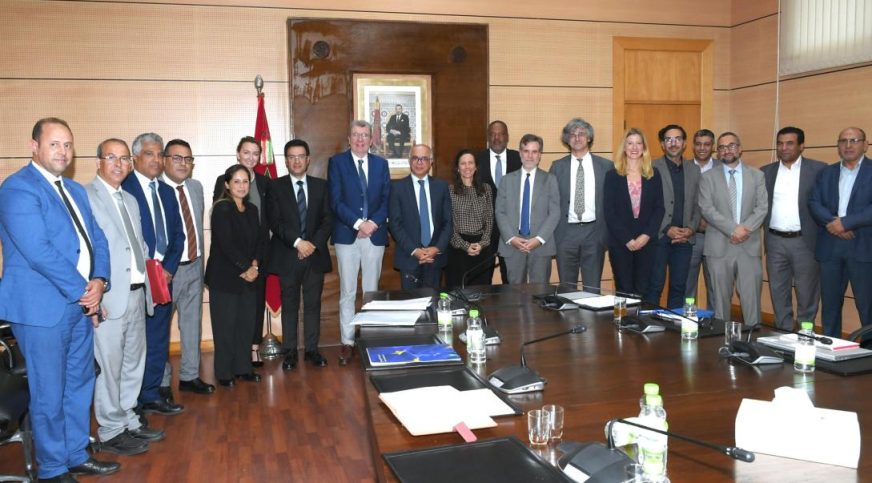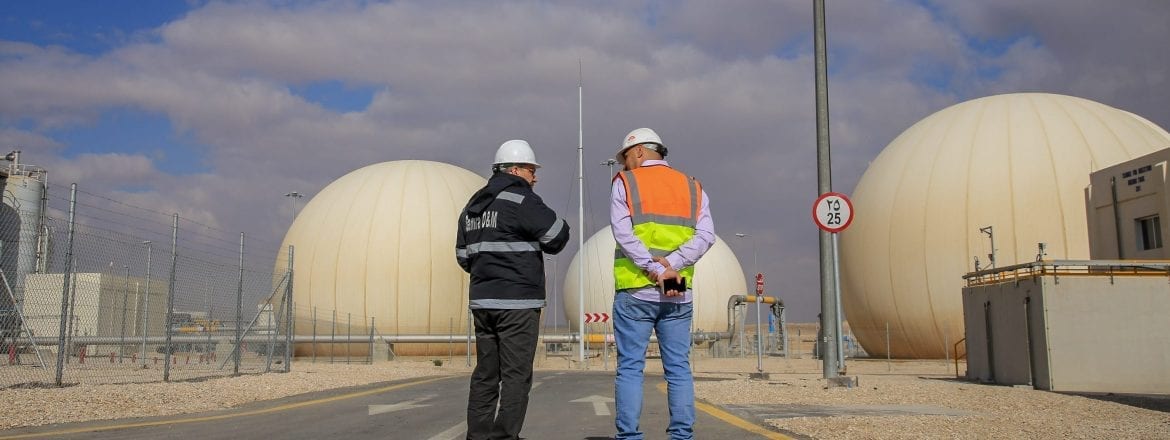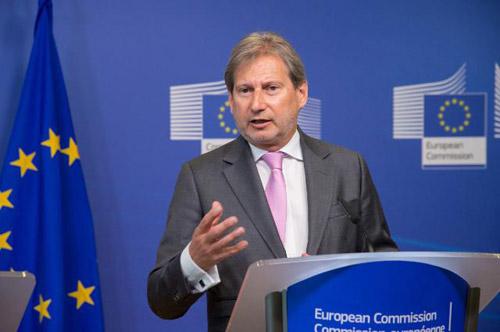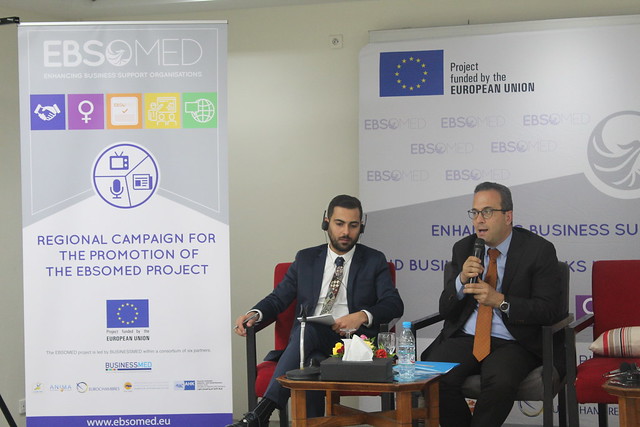The EIB and European Union launch technical cooperation to develop 150 community schools and to promote quality education in rural areas

On 15 October 2024 in Rabat, the European Investment Bank (EIB), the European Union (EU) in Morocco and the Moroccan Ministry for Education, Preschool and Sports (MENPS) have officially launched the technical cooperation to support realising a national programme for the construction and transformation of over 150 community schools in the rural areas of the Kingdom of Morocco. The launch meeting was presided by Mr Chakib Benmoussa, the Moroccan Minister for Education, Preschool and Sports, and was attended by Mr Adrien de Bassompierre, head of the representation of the EIB in Morocco, and Mr Jean-Christophe Filori, head of the European Union cooperation in Morocco.
This ambitious project looks to support the MENPS as well as Morocco’s Regional Academies for Education (AREF) in every step of the programme.
This technical cooperation, which will take place over a period of five years, will be modelled on a collaborative approach based on the transfer of skills, especially in regard to bioclimate design and to the execution of works. A team of experts will be recruited to accompany the AREFs, overseeing project selection, the application of the most rigorous environmental and social standards, and the construction of sustainable infrastructure. This mission will be led by the International Services Department of GIZ.
This project is a part of a total financing of 125.8 million euros, of which 6.5 million euros (70 million dirhams) are meant for the technical cooperation of the launch’s target programme. A complementary technical cooperation of around 2.5 million euros (27 million dirhams) will then be allocated to support the quality of education in these schools.
These community schools were designed to respond to the specific needs of rural areas in Morocco, taking into account the territorial, demographic, economic and cultural realities of each region. By uniting local townships and the authorities, they aim to improve students’ learning conditions as well as teachers’ working conditions. The goal of the programme is to increase the rate of academic success in rural areas, to relieve overwhelmed satellite schools, and to boost access to education for young girls and children with disabilities.




























 Syria
Syria 





